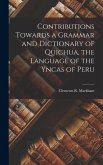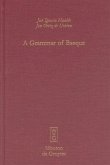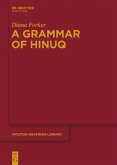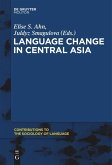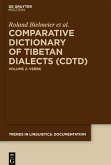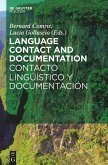Kashibo-Kakataibo is the westernmost Panoan language and, therefore, the one closest to the Andes Mountains. In terms of its typological profile, Kashibo-Kakataibo is a (mainly) postpositional and agglutinating language with a highly synthetic verbal morphology, which includes a highly complex tense system with several markers, some of which also express aspectual meanings. Kashibo-Kakataibo presents a mixed prosodic system, which combines stress and tone features. In addition, like with other Pano languages, Kashibo-Kakataibo exhibits a number of transitivity-related issues of high typological interest. First of all, the language shows an extremely complex system of grammatical relations, which includes tripatite, ergative, accusative, neutral and one horizontal alignment types. In addition, the language exhibits a fascinating interaction between syntactic case and pragmatic function. There are two fixed syntactic classes of verbs: transitive and intransitive. A verb root/base can only change its class by means of explicit morphological derivation (with only 4 ambitransitive verbs in the whole language). As in other Panoan languages, the transitivity class of the main verb is morphologically indicated throughout the clause, by means of complex systems of agreement and harmony (some of which are totally new even from a Panoan perspective)
Bitte wählen Sie Ihr Anliegen aus.
Rechnungen
Retourenschein anfordern
Bestellstatus
Storno


